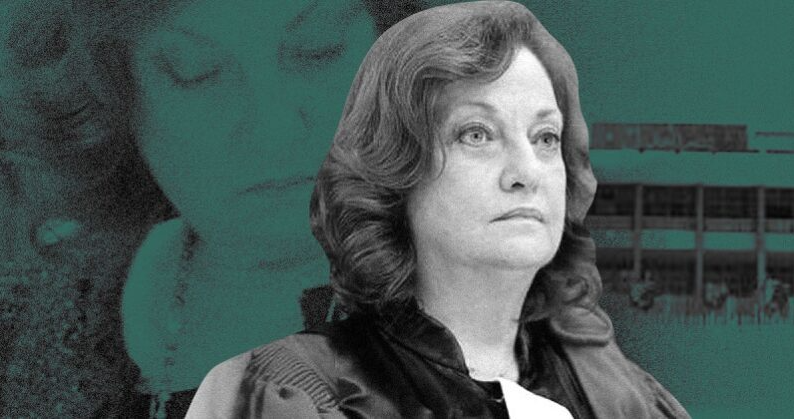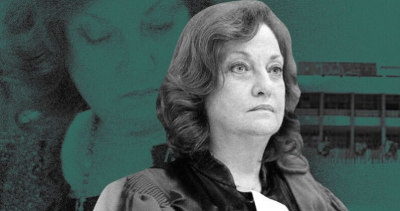The Public Prosecutor of Mount Lebanon, Judge Ghada Aoun, published an article on her X platform account, highlighting a piece from “Legal Agenda” titled “Ghada Aoun Appears Before the High Disciplinary Council: 3 Reasons for an Unjust Trial.” The article states that Judge Ghada Aoun will appear before the High Disciplinary Council on March 22, 2024, as part of her appeal against the disciplinary decision issued against her on May 4, 2023.
In this context, she re-shares a previous commentary on the disciplinary ruling that “Legal Agenda” was able to review, titled: “In the Saga of the Overthrow of a Struggling Judge.” Regardless of the details presented in the disciplinary ruling, which we have analyzed, we consider that the ruling, with its harsh penalty against a “judge who dared,” signifies, against the backdrop of current judicial conditions, a warning to any judge who might challenge influential figures or a system of non-accountability, indicating that such actions could lead to negative repercussions on their professional path, potentially reaching dismissal.
Notably, the disciplinary accusations against Judge Aoun, widely publicized in the media, primarily relate to her insistence on defending her powers and position against attempts to obstruct or disrupt her work. From this perspective, the disciplinary ruling against Aoun appears as a new incursion by the power-hungry elites into the judicial domain and a new indication of their determination to establish near-total control over the judiciary to the point of disabling it.
Moreover, it is worth noting that the trial taking place tomorrow will occur contrary to principles of fair trial and judicial independence from three angles. Firstly, it is before a High Council chaired by the President of the Supreme Judicial Council, who himself appointed the members of the primary disciplinary council that issued the ruling against her. Additionally, the Supreme Judicial Council is the one that appointed all other members of the High Council. The Lebanese Constitutional Council considered in its decision dated June 27, 2000, that depriving a judge of the ability to appeal disciplinary decisions before the State Council while granting them the ability to appeal before the High Council, originating similarly from the Supreme Judicial Council, effectively strips the judge of one of the guarantees of independence: the guarantee of a two-tiered trial.
This was reiterated by the Venice Commission in its opinion issued on March 19, 2024, regarding the proposed disciplinary procedures for prosecuting administrative judges. Adding to the concerns, the President of the Supreme Judicial Council, who will chair the council, had directed several complaints against Aoun to the Judicial Inspection Board, as inferred from the disciplinary ruling, reflecting clear prior positions. The Supreme Judicial Council even went so far as to intimidate Judge Aoun with dismissal without trial under Article 95 of the Judiciary Organization Law, as reported by several media outlets. Though this was thwarted by resistance from one of the council members at the time, Helena Iskandar, the council did not hesitate to issue a public statement condemning the “behaviors” of Ghada Aoun and demanding the Judicial Inspection Board to investigate her.
Secondly, the trial is being held in secret, without granting Judge Aoun the opportunity to request a public proceeding if she deemed it necessary. This, too, was confirmed by the Venice Commission in its aforementioned opinion. Finally, it is noted that the Judiciary Organization Law does not include any classification for disciplinary violations or penalties proportional to their severity. This means that disciplinary councils act as if they can impose whatever penalties they find suitable, either leniently or severely, without recognizing that they are bound by any standards. This situation has sometimes led them to impose lenient penalties on judges proven to have received bribes and gifts, while imposing harsh penalties on judges criticized for breaching duty of confidentiality (or more accurately, the duty of silence). This was also pointed out by the Venice Commission in its earlier opinion, calling for a reiteration of the necessity for penalties to be proportional to the seriousness of the act. Finally, it is hoped that the High Disciplinary Council will steer disciplinary actions toward reinforcing judicial independence and the judicial function in holding wrongdoers accountable, rather than being a tool to undermine judicial independence and function, potentially leading to its complete incapacitation.




